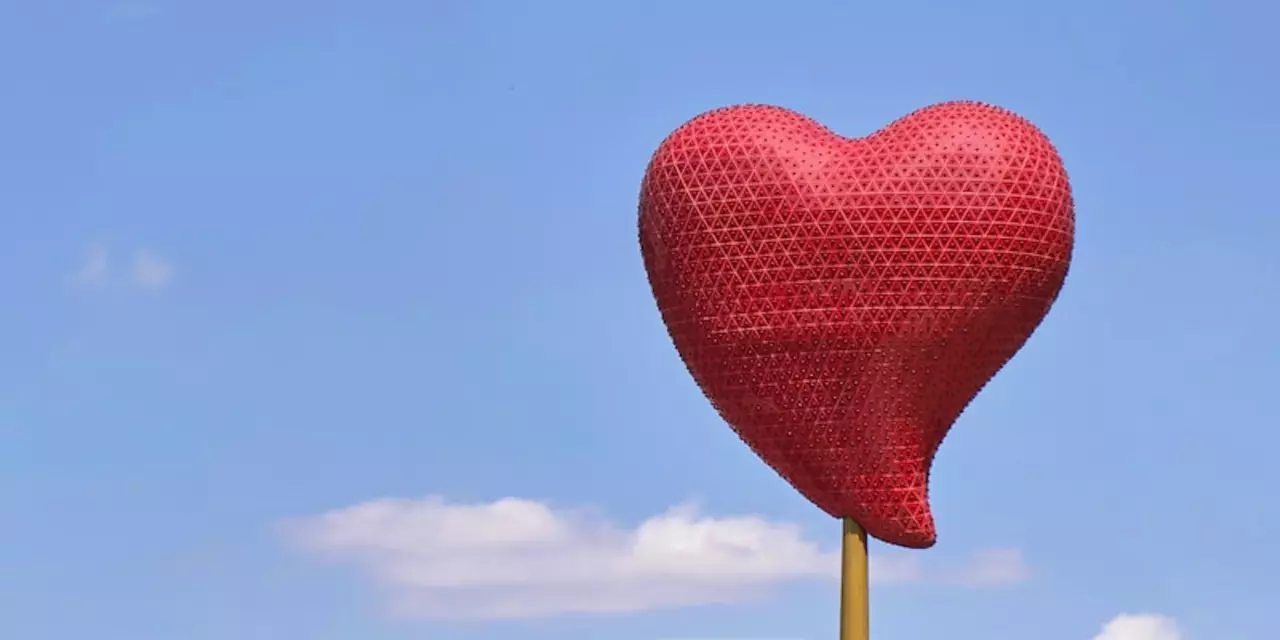Sudden Cardiac Death: Essential Guide for Athletes and Coaches
Sudden cardiac death (SCD) is a scary but real risk for anyone who pushes their body hard on the field or court. It happens when the heart stops beating properly, often without warning. For athletes, the stakes feel higher because they train harder and compete more often. Knowing what to look for, how to reduce the risk, and what to do in an emergency can save lives.
Spotting the Warning Signs
Most SCD cases happen without a clear sign, but a few clues can raise red flags. If a player complains of unexplained fainting, chest pain, or shortness of breath during or after exercise, take it seriously. Palpitations – that fluttering feeling in the chest – can also point to an underlying rhythm problem. Family history matters too; a parent or sibling who died suddenly from heart issues means you should get checked sooner.
Screening is the best defense. A simple pre‑participation exam that includes a medical questionnaire, blood pressure check, and a resting ECG can catch many hidden conditions. Some sports programs add an echocardiogram or a stress test for extra safety. The key is to start the screening early, ideally before the athlete joins a competitive team.
How to Prepare and Respond
Even with the best screening, emergencies can still happen. That’s why every training venue should have a clear action plan. First, make sure an automated external defibrillator (AED) is on‑site and that staff know how to use it. Studies show that using an AED within three minutes can boost survival rates dramatically.
Training in CPR is a must. Quick chest compressions keep blood flowing until the defibrillator is ready. A typical drill looks like this: check the scene, call emergency services, start compressions, attach the AED, follow the voice prompts, and continue until help arrives.
Keeping equipment accessible is just as important as the training itself. AEDs should be stored in a locked but quickly reachable box, and the location should be marked clearly on the field. Post emergency contact numbers and a step‑by‑step response chart near the equipment.
After an incident, the athlete needs thorough follow‑up care. A cardiology specialist will run tests to determine the cause and advise on safe return to sport, if possible. Some conditions, like hypertrophic cardiomyopathy, may require lifelong management or a shift to lower‑impact activities.
At Benfield Sports Academy we encourage every coach, parent, and player to treat heart health as a daily priority. Talk openly about any symptoms, schedule regular screenings, and keep emergency drills fresh. When you combine awareness, screening, and rapid response, you turn a potentially tragic event into a manageable situation.
Remember, sudden cardiac death is rare, but it’s preventable with the right steps. Stay informed, stay prepared, and keep the game safe for everyone.

Do athletes have heart problems?
Athletes have an increased risk of developing heart problems compared to the general population. This is due to the physical exertion they put their bodies through, leading to increased stress on the heart. Common heart problems among athletes include arrhythmias, ischemic heart disease, and sudden cardiac death. To reduce the risk of heart disorders, athletes should maintain a healthy diet and exercise program, have regular medical check-ups, and avoid any activities that may cause undue stress on their hearts.